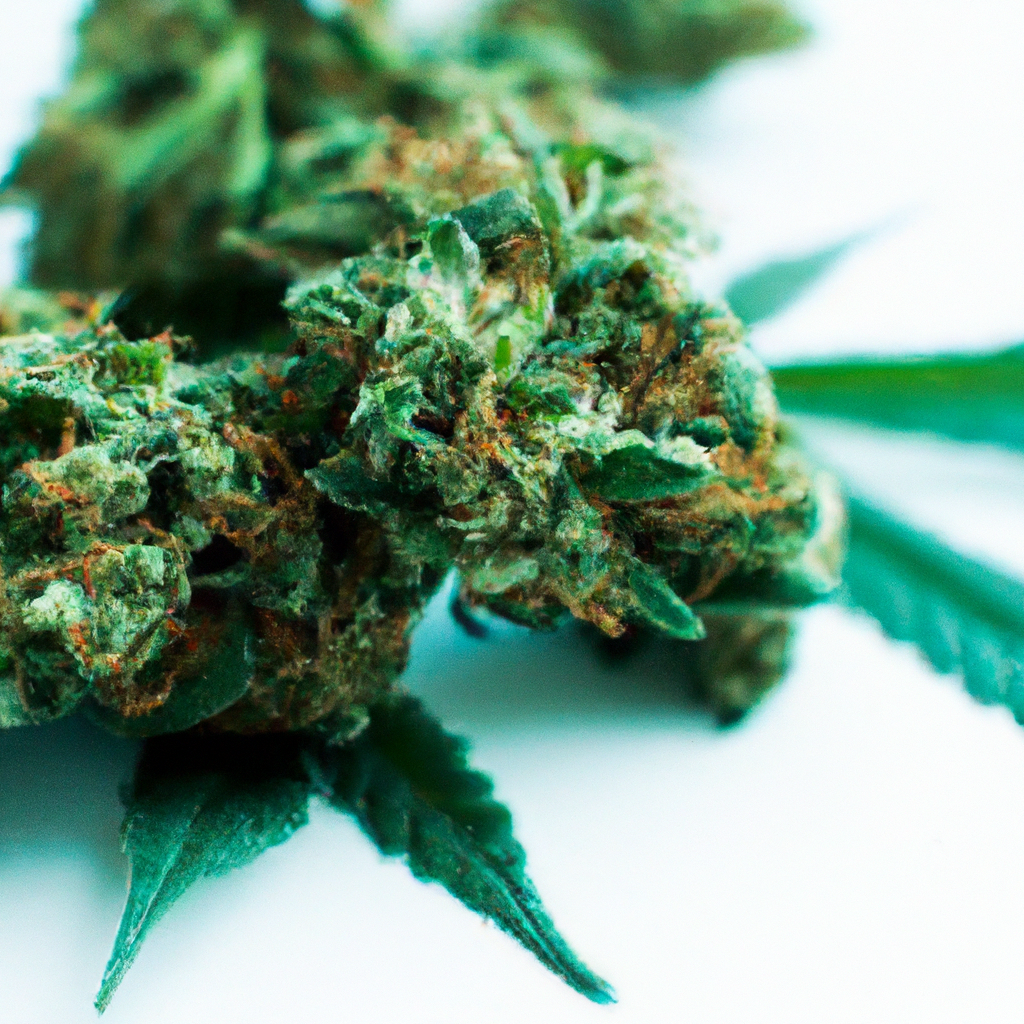Your cart is currently empty!
Welcome to a comprehensive exploration of the relationship between cannabis and anxiety. With its growing legalization and acceptance, cannabis is often discussed as a potential therapeutic aid for anxiety disorders. But what do we really know about its effectiveness? In this article, we’ll dive into current research, the mechanism of action, and considerations for use.
Understanding Cannabis and Its Components
Cannabis is a plant that contains multiple active compounds known as cannabinoids. The two most well-known cannabinoids are THC (tetrahydrocannabinol) and CBD (cannabidiol). Each has unique properties:
- THC: Known for its psychoactive effects that can cause euphoria. However, in some individuals, it may exacerbate anxiety.
- CBD: This compound is non-psychoactive and may help reduce anxiety and promote relaxation.
How Cannabis Interacts with the Body
To understand cannabis’s impact on anxiety, it’s essential to discuss the endocannabinoid system (ECS), a complex regulatory system in the human body:
- The ECS involves receptors called CB1 and CB2, which interact with cannabinoids.
- THC primarily binds to CB1 receptors, which are abundant in the brain, influencing mood and perception.
- CBD interacts differently, potentially inhibiting the breakdown of anandamide, a natural cannabinoid, leading to anxiety-reducing effects.
Research on Cannabis and Anxiety Relief
The debate on cannabis as an anxiolytic continues, with varied findings from recent studies:
| Study | Outcome |
|---|---|
| Journal of Clinical Psychology (2022) | CBD showed a reduction in anxiety symptoms in participants with social anxiety disorder. |
| Neuropsychopharmacology (2021) | THC was found to increase anxiety symptoms in some participants, particularly at higher doses. |
| Frontiers in Pharmacology (2020) | Reported mixed effects of cannabinoids on anxiety, emphasizing the importance of individual differences. |
Considerations and Recommendations
If you’re considering cannabis for anxiety management, here are some recommendations to guide you:
- Consult with a healthcare professional: Always discuss with a healthcare provider familiar with cannabis use.
- Start with low doses: Especially if you are new to cannabis, begin with a small dose and monitor your body’s response.
- Choose the right product: CBD-rich products might be preferable for anxiety without psychoactive effects.
- Avoid high-THC strains: If prone to anxiety, high-THC cannabis might worsen symptoms.
Conclusion
While there is promising evidence that cannabis, particularly CBD, may help relieve anxiety, it is essential to approach its use with caution and knowledge. The effects of cannabis are highly individualized, and what works for one person may not work for another. Always prioritize safety and professional guidance.
Whether used recreationally or for anxiety relief, understanding cannabis’s intricate relationship with mental health is the first step towards responsible use. Stay informed and make choices that best suit your health and wellbeing.
Final Thought: As research continues to unfold, keeping a balanced perspective about cannabis as a treatment option will enable more informed and personalized decisions.
Discover more from Magic Clones
Subscribe to get the latest posts sent to your email.


Leave a Reply